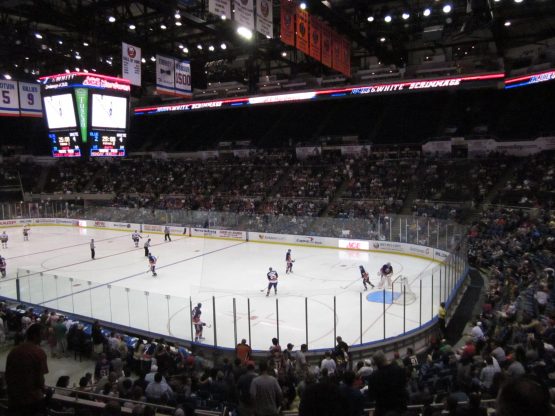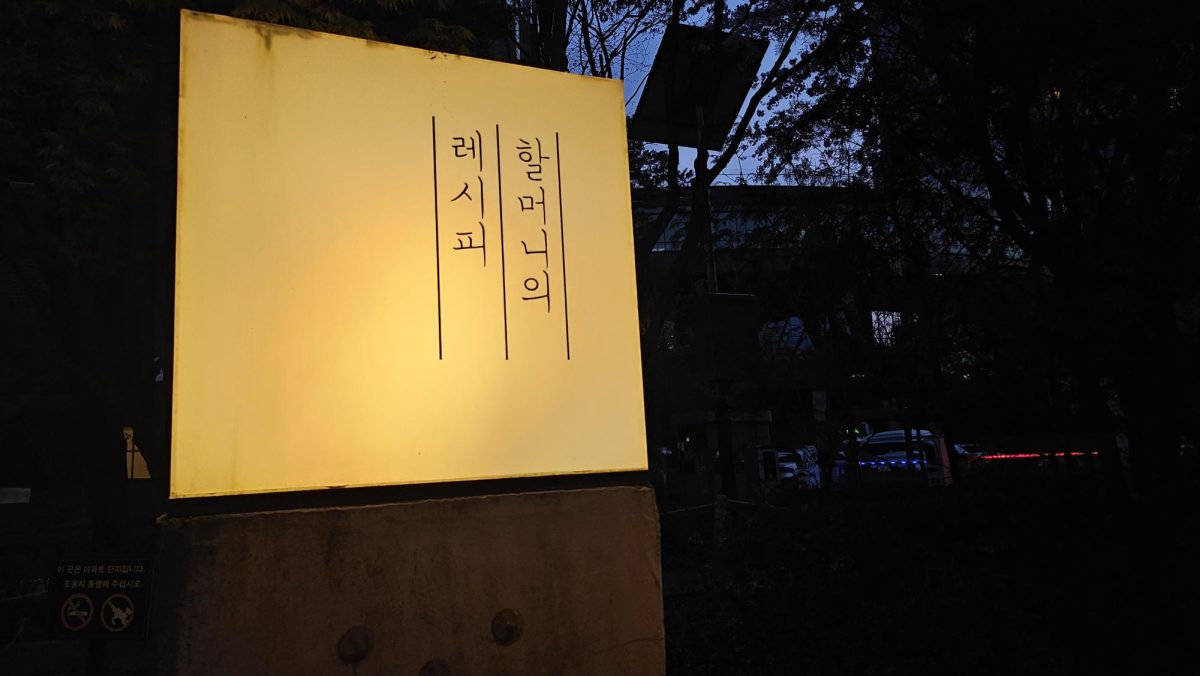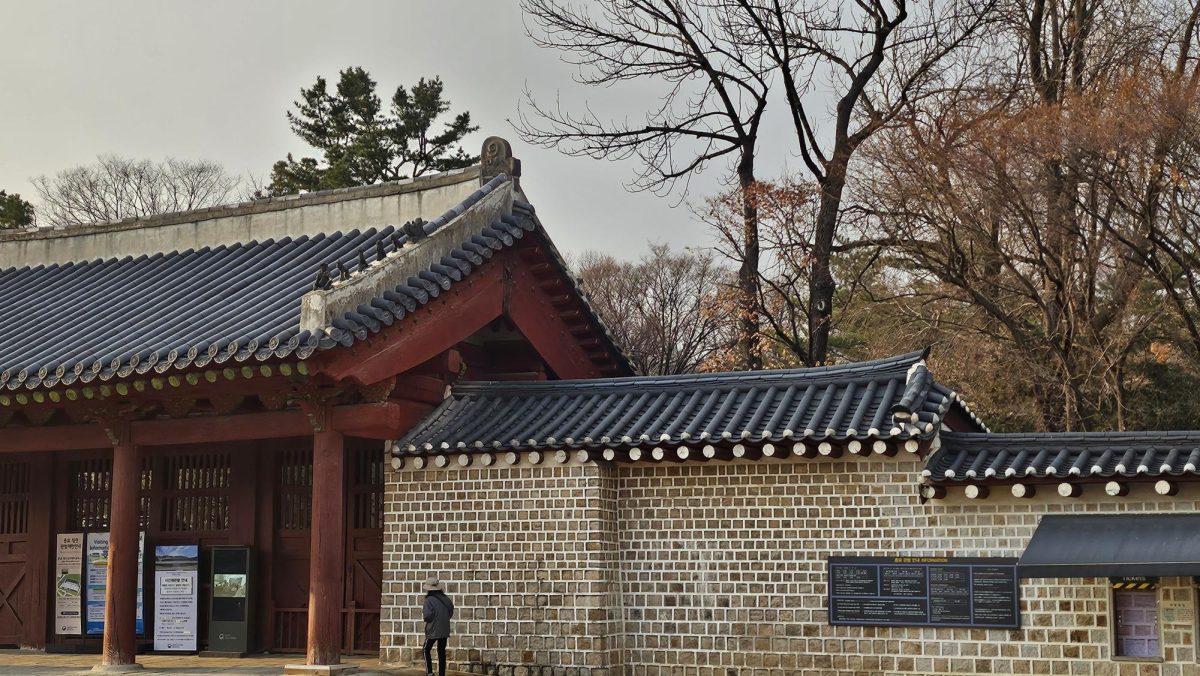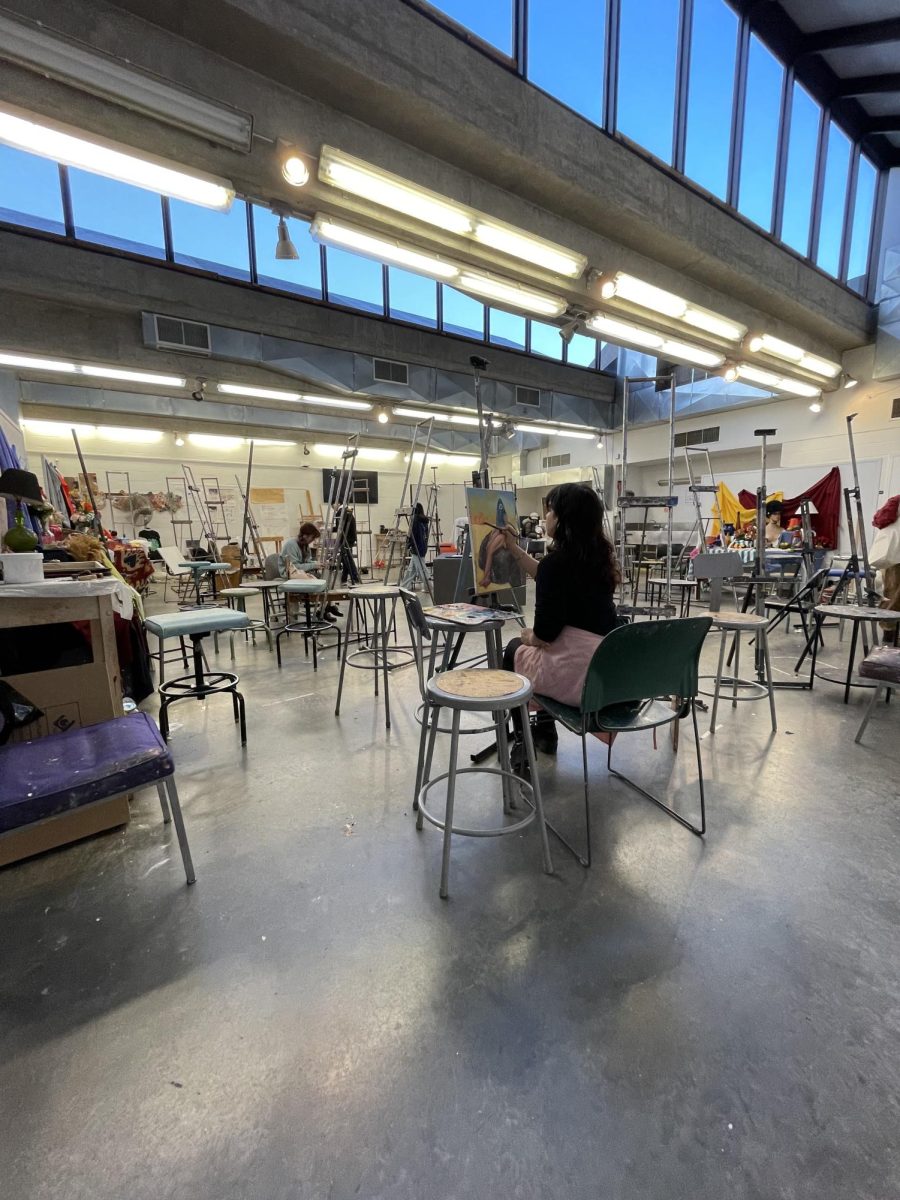
Live entertainment has emerged as a significant casualty during the COVID-19 pandemic. Athletes, in particular, have largely performed in front of empty audiences for the past year.
Long Island’s Paul Cartier, who works as the organist for both the New York Islanders and Yankees, saw his work dry up in the 362-day period between the last time fans were allowed inside Nassau Coliseum. But as an organist, he’s aware of the role that his job entails in creating a great sporting experience for fans.
“When you went to [Yankee Stadium], as soon as you heard the organ start, with Bob Sheppard saying, ‘Good evening, ladies and gentlemen,’ you knew it was time for the real stuff to start,” Cartier said.
Even as fans are returning to Islanders’ and Yankees’ games, which saw Cartier return to playing on Apr. 6, limited attendance means games offer only a glimpse of what sports fans were used to before the pandemic.
Sports and music have always been intertwined for Cartier. Indistinguishable from the crowd at a game, Cartier shares an ability similar to Garry Howatt, his favorite hockey player, to carry a larger presence than initially expected.
“I started playing [the organ] when I was about eight or nine,” he said. “An aunt of mine had bought this little Magnus chord organ. The book with it had the notes and chords as numbers, and you hit the corresponding chord on the side. I loved it.”
When Cartier first became interested in sports as a kid in the late 1960s, he encountered a series of groundbreaking New York sporting events, including the Miracle Mets and the Namath-led Jets, that shocked the spectators of their respective sports by becoming champions.
Working as a sports organist, which is one of Cartier’s many titles, wasn’t something he always expected to do. It wasn’t until one day, as a transfer student at Hofstra University in the late 70s, that the stars aligned.
While taking a required introduction to piano class, which for Cartier, was “a bit funny,” since he had been playing the piano and organ for years prior, he stumbled upon an opportunity he could not have imagined: his professor was the organist for the Islanders.
“I went to a lot of games and learned all the stuff he played. I remember getting to class early once in a while, which had all these little pianos, and I started playing the stuff that he did,” Cartier said. “He’s in the back room, and one day he says, ‘Who’s doing that?’ I admitted I was, and that started it.”
After the revelation, they spoke about hockey, and Cartier mentioned he played the organ too. His professor invited him to see the organ setup and see him play at Nassau Coliseum during the Islanders game the following night.
At that game, during an intermission break, Cartier went to the upper levels of Nassau Coliseum to meet with his professor. The subsequent interaction changed his life.
“I went up during intermissions and he says, ‘play something,’” he recalled. “I said, ‘Now?’ He says, ‘Yes. You said you could play. So play.’”
And play he did. Cartier’s professor was so impressed that he informed him that the New York Arrows, a new indoor soccer team that was going to play in Nassau Coliseum, needed an organist and that he should try out.
A successful tryout then turned into his first gig. That gig allowed him to become a fill-in for his professor when he couldn’t perform at Islanders’ games. Then, after he retired the following year, Cartier became the full-time organist for the Islanders in 1980, which took him through the dynasty years of the team where the team won four consecutive Stanley Cups.
But much like the Islanders, who temporarily left their home in Uniondale for a different pasture, Cartier’s story with the team wasn’t near its conclusion yet. In 1985, the team sought to bring in a new music production crew; as the abundance of new faces emerged, Cartier’s role wasn’t needed anymore, so they let him go.
Despite this setback, Cartier ensured he would be on standby by keeping his foot in the door.
“I’d send a letter out, and when there was a new guy, I’d send another letter,” Cartier said. “There was no email back then. And I’d say, ‘This is who I am, I live five minutes away. If I can help you out, I’m here.’ It’s not like you could look up ‘stadium organist’ in the Yellow Pages, so I just kept my foot in the door and got calls to fill in and such.”
He wouldn’t get another shot at being a full-time organist until 2004. Eddie Layton, the legendary musician for the New York sports organist, retired from the Islanders and Yankees after a career that saw him with the latter since 1967.
For Cartier, who had since built up connections to both teams, lightning had struck twice: the teams offered him the opportunity to be the organist for his beloved Islanders and Yankees.
“I said, ‘Me?’ and [he] said, ‘Yeah, why not? You do it at the Coliseum,’” Cartier recalled. “I never ever thought about working at Yankee Stadium.”
Arguably more impressive than anything else has been Cartier’s ability to manage his work as an organist, while also serving as a full-time air traffic controller and volunteer firefighter throughout his career.
“Now that I’m retired, I often ask myself that question, and people still say that to me, ‘how did you do it?’ Cartier said. “Well, all the jobs I had were awesome jobs.”
In his quest to create a fun game-day experience, he’s done his best to ensure that it also pays homage to the past. At the end of every period, he plays a song that he claims was written during the first season of the team’s existence back in 1972.
Despite the song not even having a proper title, a credited writer or an actual tablature, Cartier emphasized the importance of keeping that tradition going.
— Paul Cartier (@PaulGCartier) August 21, 2020
“Back before you started with the recorded music and goal songs, that was the goal song. I wanted to keep that alive,” he said.
For Cartier, the fans are what his job is really about. The most stressful yet rewarding aspect of his job, he says, may come down to one of the most basic human skills: knowing how to smile.
“I had to learn to interact with people and how to smile. I have a terrible smile. I had to sit in front of the mirror and look through pictures and say, ‘What looks better there?’” Cartier said. “I was laughing, so I had to think of something funny to make me laugh and after a while, I could actually sit there and just smile and it works out.”
While the 62-year-old can’t confirm how much longer he’ll be playing at games, he doesn’t see any reason to stop soon.
Unexpectedly, he described dealing with the back injury he’s been recovering from as worse than his bout with COVID-19 in late 2020.
“Post-COVID, I really had no symptoms, no nothing,” he said. “I had what they called a monoclonal antibody infusion. My doctor wanted me to try that, and two days later, I felt much better.”
With the Islanders preparing to move to the brand new UBS Arena in Belmont next season, Cartier needs to make sure he’s ready for new memories after the Isles say their goodbyes to “The Barn” for the actual last time.
“It’s been quite a story. I can’t think of any other team that’s had this kind of situation where they went back home after leaving for a new building,” he said. “It’s certainly been a long road — all you can do is go, ‘Well, I guess that’s the Island.’”














